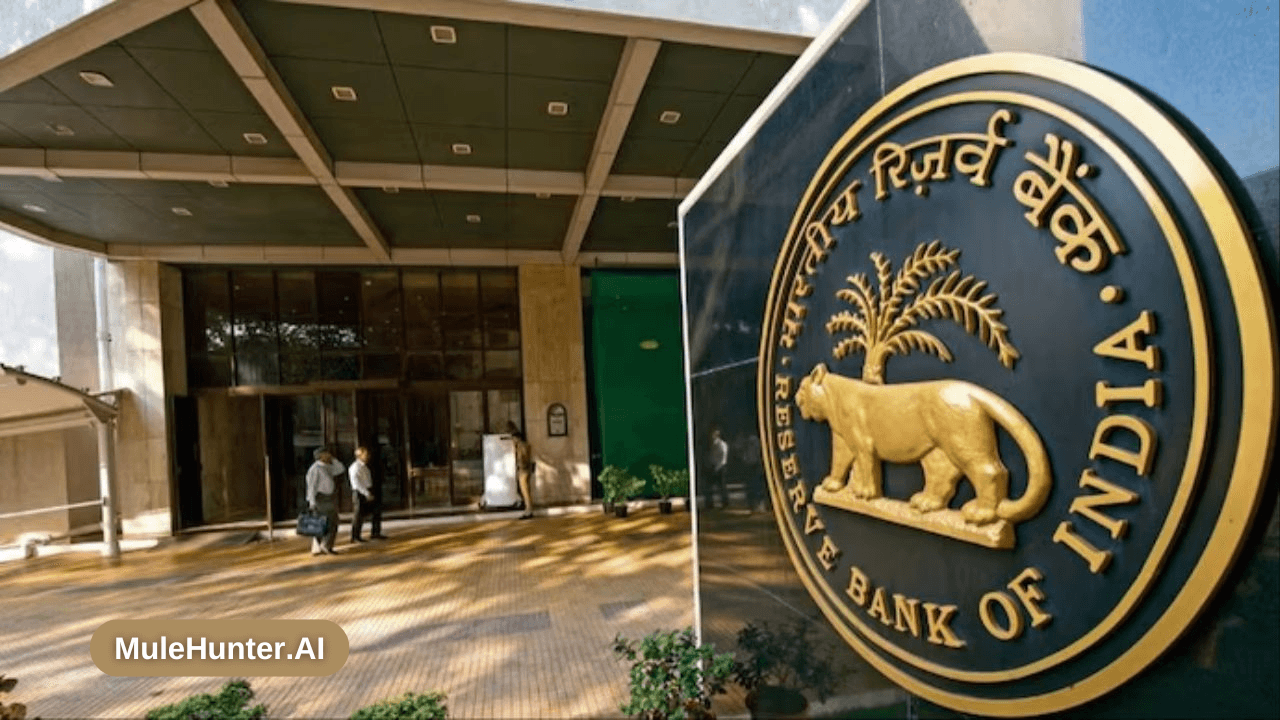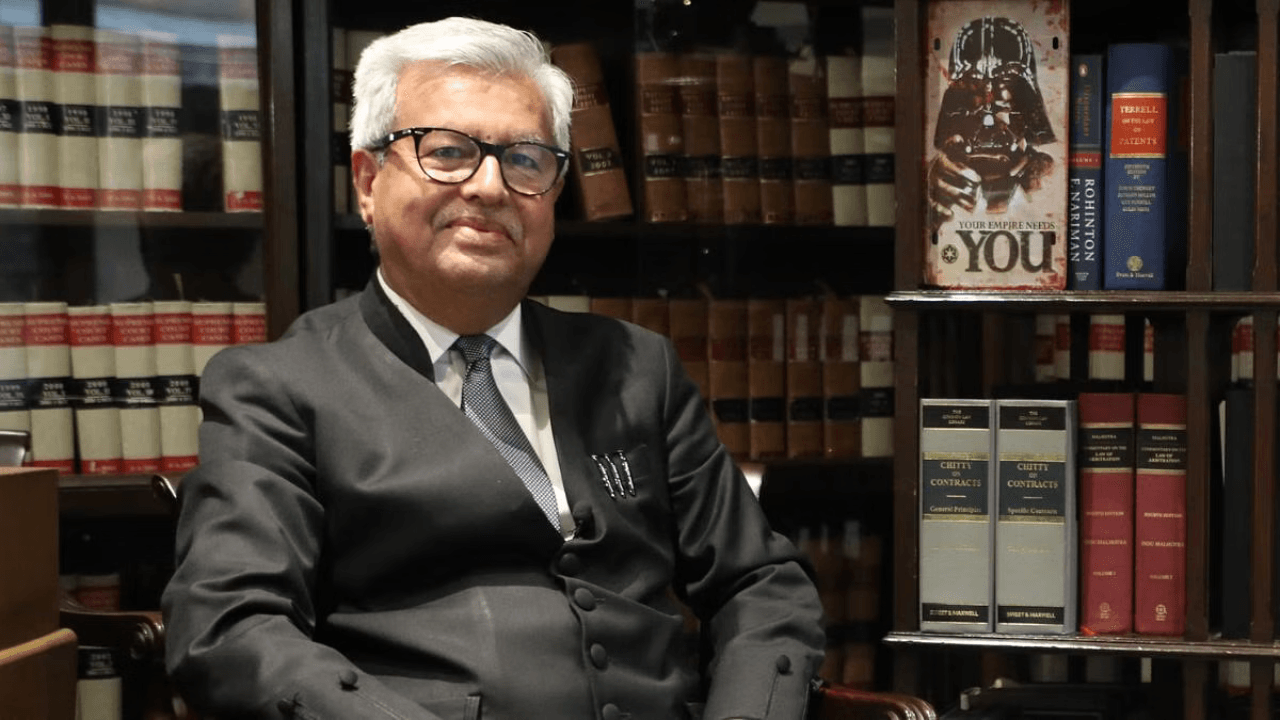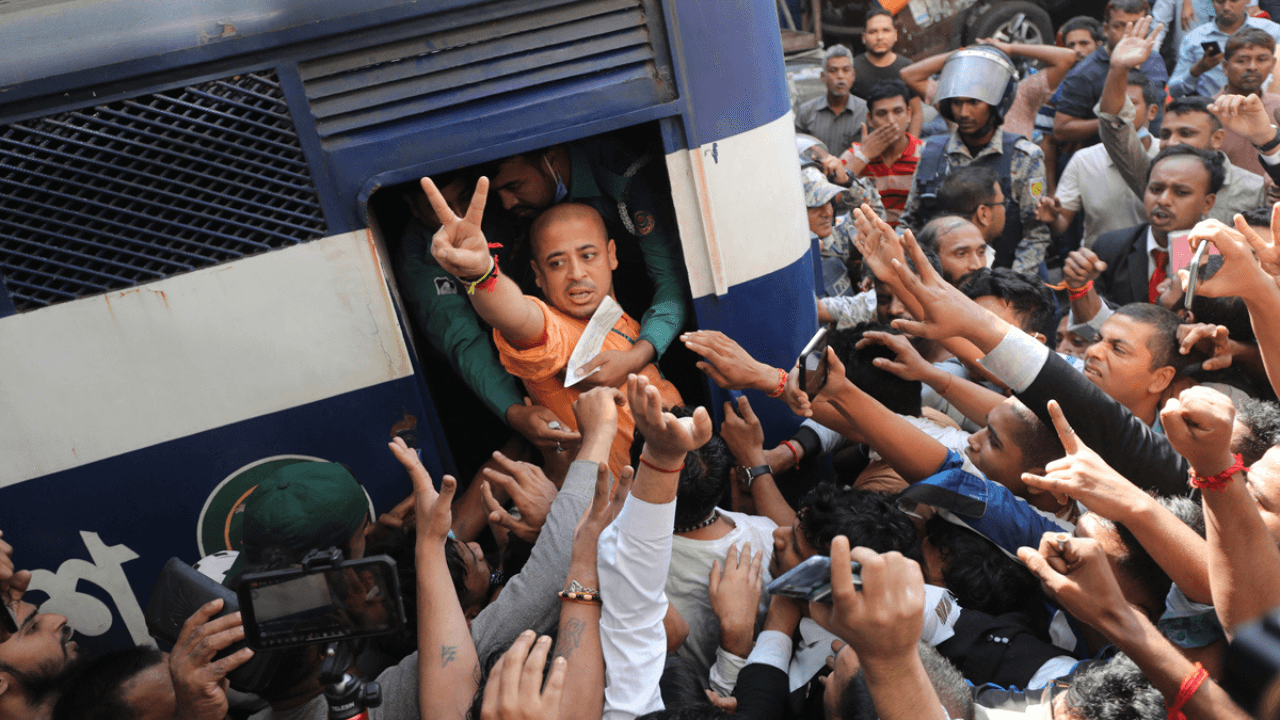The Delhi High Court, on Tuesday, dismissed Chief Minister Arvind Kejriwal’s plea challenging his arrest by the Enforcement Directorate (ED) in connection with the Excise policy case. The court ruled that Kejriwal’s arrest is not in contravention of the law and cannot be termed illegal.
The High court bench of Justice Swarna Kanta Sharma stated that the ED possessed sufficient material that led to the arrest of Arvind Kejriwal. The court highlighted the non-cooperation of Kejriwal in joining the investigation and the delay caused by him, which had a direct impact on those in judicial custody.
Court’s Opinion on Arrest and Remand
The court emphasized that the arrest and remand of the accused must be examined in accordance with the law and not based on the timing of elections. It dismissed Kejriwal’s challenge to the timing of his arrest before the General elections, citing the absence of any malice on the part of the ED.
Allegations and Response
Arvind Kejriwal, through his plea, alleged that the ED had failed to establish it’s guilt in committing activities stipulated under Section 3 of the law, including concealment, possession, acquisition, and use of proceeds of crime. i.e.
(Arvind Kejriwal’s allegations against the Enforcement Directorate (ED) in court today included claims of non-compliance with Section for evidence collection, Pressurization of approvers to make statements against him, and alleged links between two approvers and the ruling party. Kejriwal’s legal counsel argued that the ED did not follow proper procedures and coerced individuals to provide false statements against him. Additionally, Kejriwal challenged the timing of his arrest, suggesting it was politically motivated due to the upcoming elections. The ED, on the other hand, accused Kejriwal of being the key conspirator in the excise scam, claiming that the Aam Aadmi Party (AAP) was a major beneficiary of the proceeds of the crime.)
The Enforcement Directorate argued that individuals, regardless of their status as Chief Minister, must face legal consequences if they commit a crime. The agency questioned the notion that being in a position of power exempts one from arrest, particularly during election periods. Referring to claims that the arrest would violate the basic structure, the ED questioned the validity of such arguments in light of the alleged criminal activities.
Case Background
In 2022, Vijay Nair was among the initial individuals apprehended by the CBI. The case revolves around alleged irregularities and money laundering in framing and implementing the Delhi Excise Policy 2022, which was later scrapped. While Kejriwal was not initially named in the FIRs registered by the ED or the Central Bureau of Investigation (CBI), his name surfaced in the ED’s chargesheet. The agency claimed that he allegedly communicated with one of the main accused, Sameer Mahendru, and instructed him to continue working with co-accused Vijay Nair, who serves as the AAP communications-in-charge.
The Delhi High Court’s dismissal of Arvind Kejriwal’s plea signifies a significant development in the ongoing legal battle surrounding the excise policy case. The court’s ruling underscores the importance of adhering to legal procedures and examining arrests and remands in accordance with the law.
Once the case closes, the extent of the policy scam may become transparent, enabling individuals to make informed decisions.












